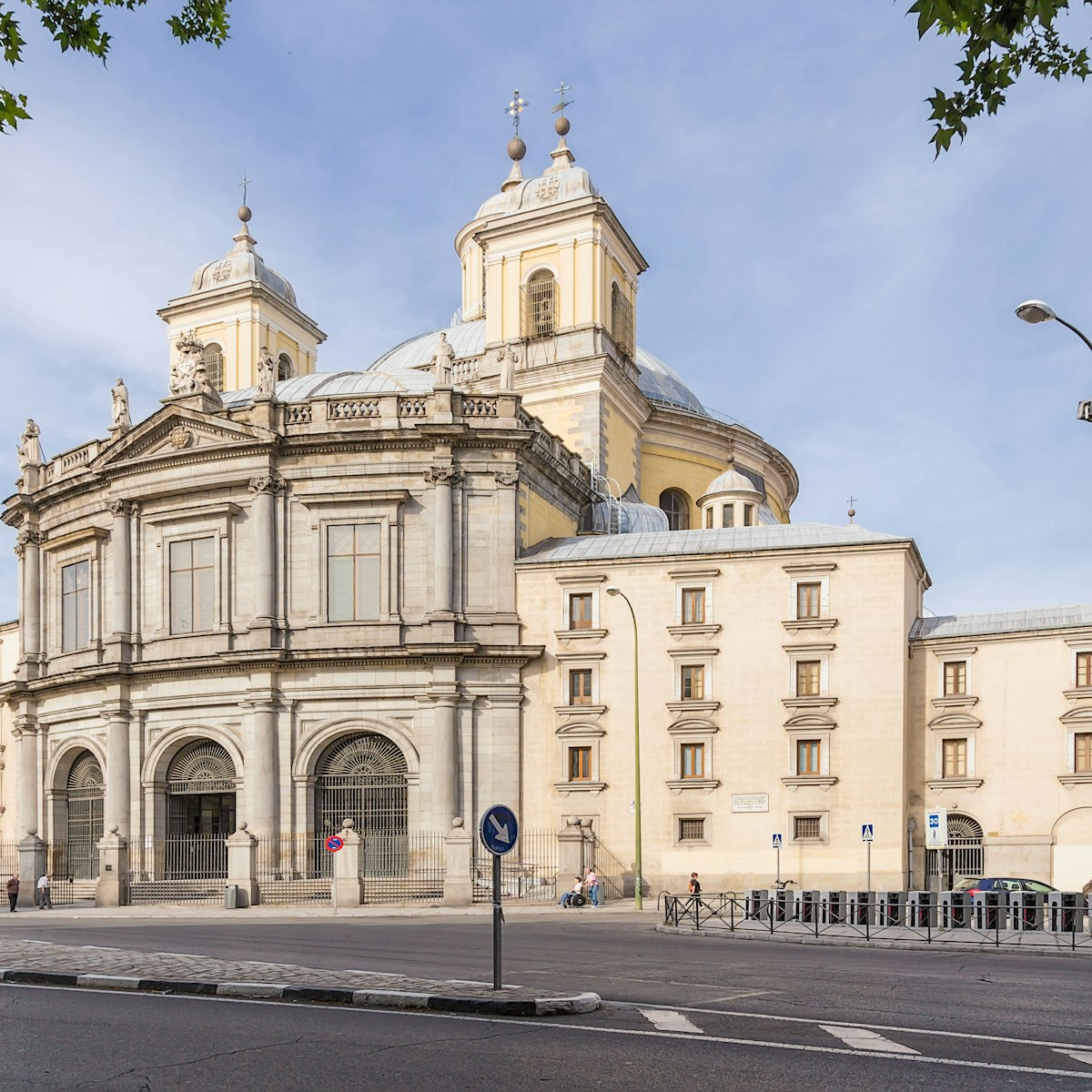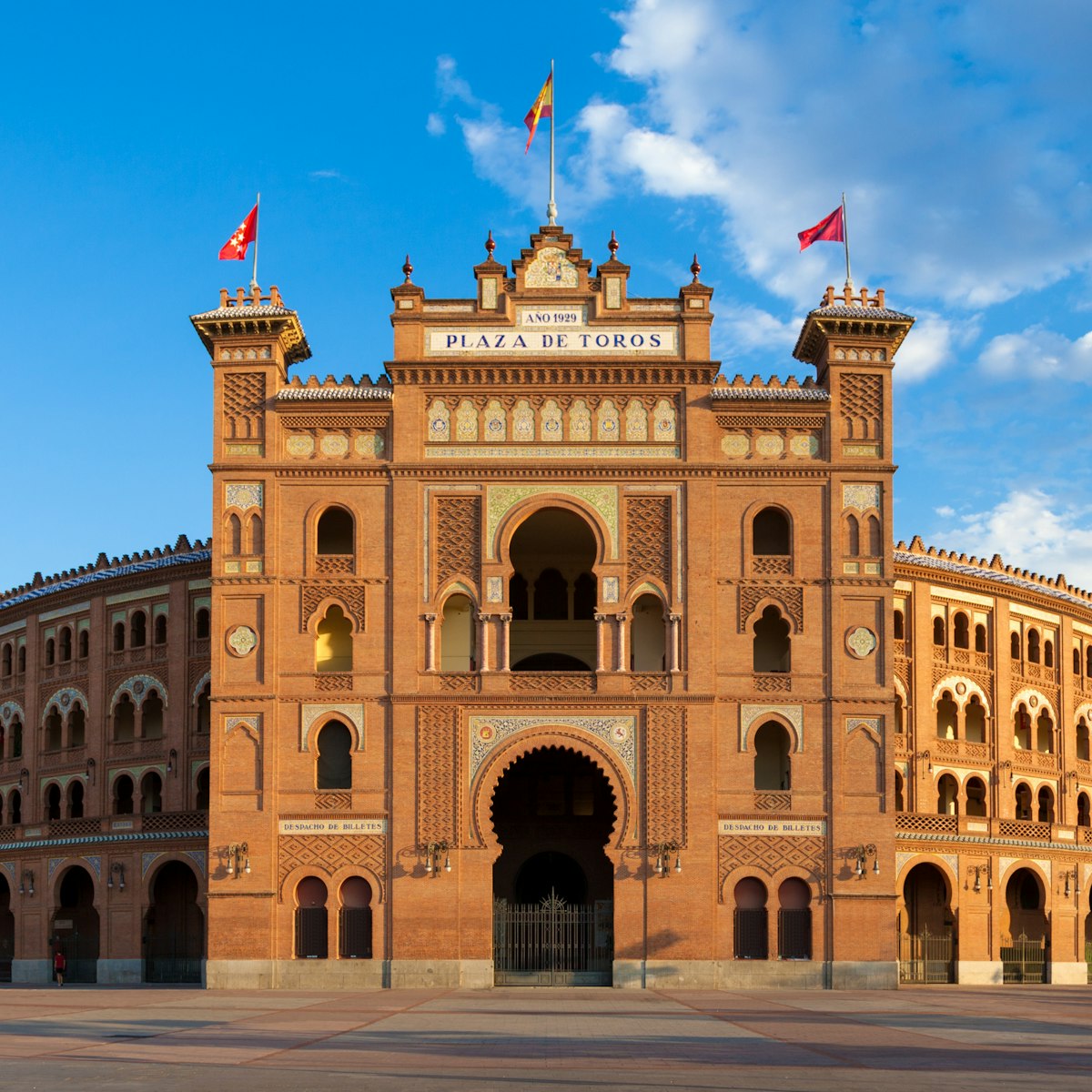The official centre point of Spain is a gracious, crowded hemisphere of elegant facades. It is, above all, a crossroads: people here are forever heading somewhere else, on foot, by metro (three lines cross here) or by bus (many lines terminate and start nearby). Hard as it is to believe now, in Madrid's earliest days, the Puerta del Sol (Gate of the Sun) was the eastern gate of the city.
The Casa de Correos houses the regional government of the Comunidad de Madrid and was built as the city’s main post office in 1768. The clock was added in 1856 and on New Year’s Eve people throng the square to wait impatiently for the clock to strike midnight, and at each gong swallow a grape – not as easy as it sounds! On the footpath outside the Casa de Correos is a plaque marking Spain’s Kilometre Zero, the point from which Spain’s network of roads is measured. Facing the Casa de Correos from the rooftops opposite is the towering Tío Pepe sign, long a city landmark.
The semicircular junction owes its present appearance in part to the Bourbon king Carlos III (r 1759–88), whose equestrian statue (complete with his unmistakable nose) stands in the middle. Look out for the statue of a bear nuzzling a madroño (strawberry tree) at the plaza's eastern end; this is the official symbol of the city.








